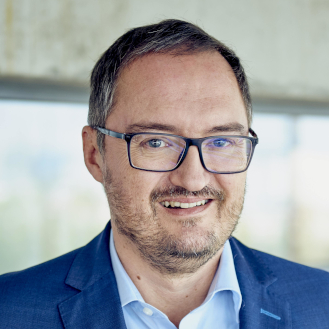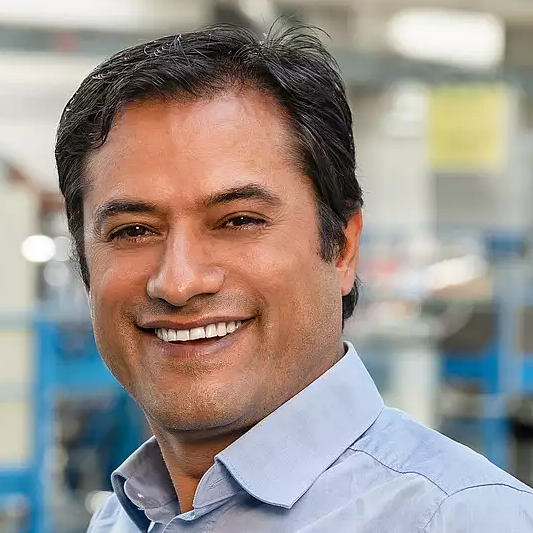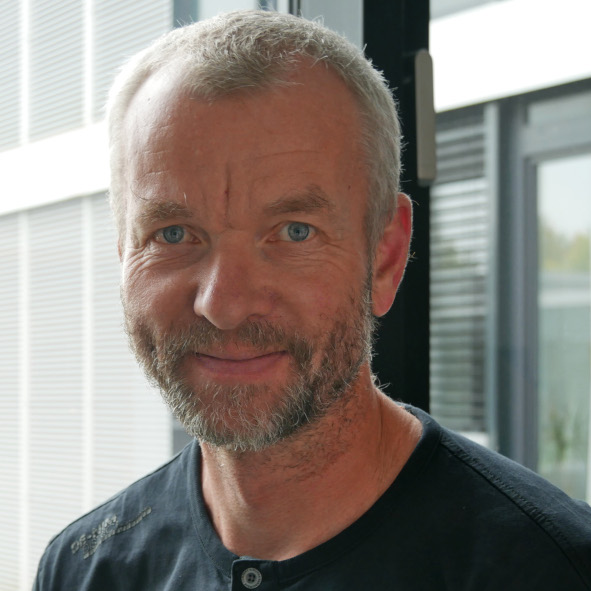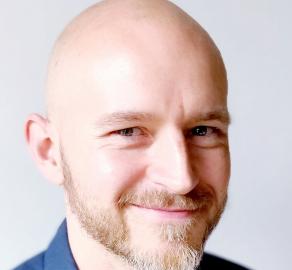The conference took place from 8 to 10 November 2023. Thank you to all the people who made it a very interesting and delightful experience with their talks, posters, questions that led to exciting discussions and the willingness to step outside the comfort of their professional expertise.
We look forward to the next Advanced Materials Safety conference, which will take place in 2025.
You will find the abstracts of all contributions here: DOI: 10.5281/zenodo.10276099.
Scope of the conference
Advanced materials are key to the creation of innovative products and technologies ranging from catalysis, green hydrogen generation, energy storage to biomedical applications. Advanced materials combine nanoscopic and/or microscopic building blocks, e.g. doped and core-shell nanoparticles and high-performance fibres, into hierarchical hybrid materials. This combination of micro- and nanosized building blocks as well as the compositional material heterogeneity can impose new risks during their life cycle, e.g., by decomposition into different nanoparticles, microplastic or hybrid components and subsequent release of harmful constituents. To ensure safe and sustainable innovations, the potential risks imposed by such complex materials need to be identified and understood timely and over their entire life cycle.
The conference Advanced Materials Safety 2023 provides a highly interdisciplinary forum for sharing recent advances and discussing current and future challenges in the field of advanced materials safety. It will bring together leading scientists to discuss scientific, regulatory, and application-oriented aspects of advanced materials safety in depth and from different viewpoints, with the aim to design safe and sustainable, functional, and accepted advanced materials. The conference is organized by the Leibniz Research Alliance Advanced Materials Safety.
List of invited speakers
- Dr. Ajay B. Patil
End-of-life perspective for advanced energy storage, mobility and electronics technology materials: a gateway to a sustainable circular economy - Dr. Hubert Rauscher
Safe and Sustainable-by-Design and challenges for Advanced Materials - Prof. Seema Agarwal
Degradation and disassembly concepts for tackling plastic pollution - Dr. Francesco Saliu
Microfibers in the marine environment: from analytical challenges to bio-inspired solutions - Prof. Barbara Rothen-Rutishauser
Predictive 3D lung models to assess the hazard of aerosolized (advanced) materials - Prof. Andrea Hartwig
Impact and mechanisms of action of metal-based nanomaterials on bioavailability and cell toxicity in advanced lung cell systems - Apl. Prof. Dirk Walter
Specific toxicity of CeO2-nanoparticles - Prof. Agnieszka Jastrzębska
Elucidating biological response in vitro of two-dimensional Ti3C2Tx MXene - PD Dr. Annette Kraegeloh
Seeing is more than believing: How bioimaging contributes to understand advanced materials-cell interactions - Prof. Chris Eberl
The future of materials science and engineering: How to participate and get the most out of the digital transformation - Prof. Robert Rallo
Autonomous decision support for nanosafety
Workshop: Communicating materials safety
- Moderator: Dr. Lorenz Kampschulte (Deutsches Museum)
- Contributors: Dana Kühnel (UFZ), IWT (TBD)
Workshop: Digital Infrastructure – documenting and publishing materials safety data
- Moderator: Dr. Felix Bach (FIZ Karlsruhe)
- Contributors: Christian Bonatto Minella (FIZ Karlsruhe), Nicole Jung (KIT, Karlsruhe), John Jolliffe (Johannes Gutenberg University, Mainz), Katja Nau (KIT, Karlsruhe)
Industry session: “Sustainable approaches to advanced materials”
More about the industry session
The session follows a keynote by Hubert Rauscher: “Safe and Sustainable-by-Design and challenges for Advanced Materials”. Company representatives will give short impulses introducing their companies and projects. A moderated discussion will allow the audience to interact with the speakers who will share insights from their points of view in more depth.
Carla Sottili (Nanocyl): “Mechanical recycling of polymer nanocomposites with CNT: technical and safety aspects”
Carbon nanotubes have amazing properties. These can be transferred into a matrix, such as polymers, elastomers, resins, concrete, or water, to improve thermal and electrical conductivity and add mechanical strength. However, their extremely small dimensions and high surface activity raises Health Safety and Environment questions. The presentation aims to give an overview of the risks associated to the exposure to Nanomaterials such as carbon nanotubes. Moreover, recyclability of carbon nanotube enhanced materials will be discussed.
Dr. Apostolos Segkos (UP Catalyst OU): “Electro-transformation of CO2 to carbon nanomaterials”
Graphite and carbon nanomaterials are widely used in energy storage applications and are an important strategic resources for the EU. UP Catalyst produces graphite, multi-walled carbon nanotubes and carbon nanofibers by electro-transforming CO2. The technology, which will be described in this talk, coupled with green, renewable energy sources leads to a carbon negative process which can convert approximately 3.7 t of CO2 per ton of produced nanomaterials.
Topics
- Assembly and disassembly of safe advanced materials
- Sustainable approaches to advanced materials
- Impact of advanced materials on human health
- Advanced materials for safe therapeutic applications
- Advanced materials in the environment
- Predicting effects of advanced materials by computational modeling
Scientific committee

INM – Leibniz Institute for New Materials

Leibniz Institute for Polymer Research, Dresden (IPD)

Leibniz-Institut für Werkstofforientierte Technologien – IWT

Leibniz Centre for Tropical Marine Research (ZMT)

IUF – Leibniz Research Institute for Environmental Medicine

Leibniz Research Centre for the Working Environment and Human Factors (IfADo)

FIZ Karlsruhe – Leibniz Institute for Information Infrastructure

Deutsches Museum

